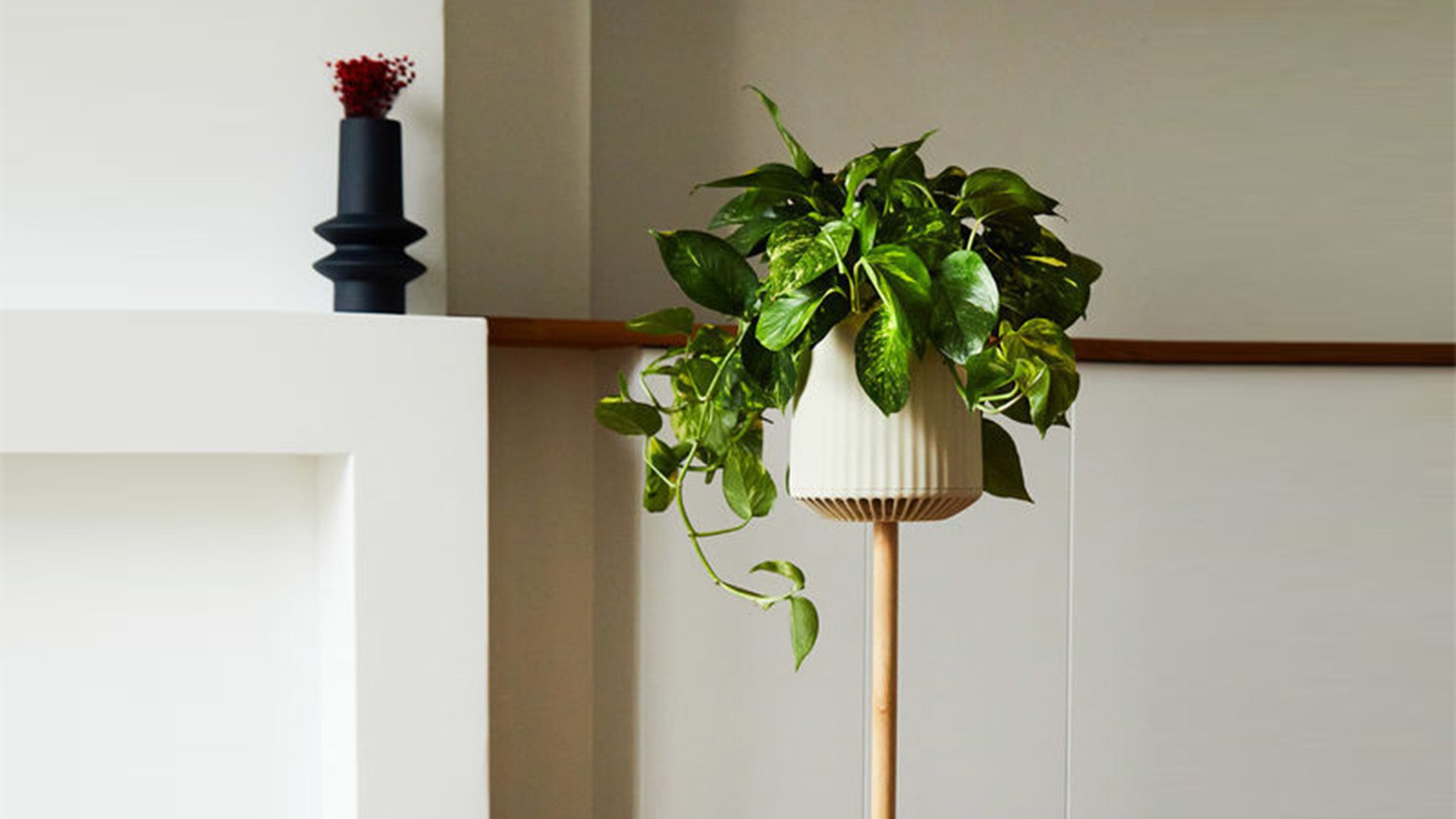The Paris-based startup Neoplants has genetically modified a houseplant, claiming to give it air-purifying power 30 times better than top NASA plants. These houseplants have been modified at the DNA level to produce new enzymes that have the capability to metabolize air pollutants.
“One of the side effects of the pandemic is that people are much more aware of what’s in the air they breathe,” Patrick Torbey, a molecular biologist and chief technical officer of Neoplants, stated in an interview with Inverse.
The company’s first plant, Neo P1, involves genetically engineered pothos (Epipremnum aureum) plants and a microbiome located in the soil near the plant roots. This is not the first time this plant has been used as an air purifier as NASA launched a research project to study biological life support systems for travel space in 1989. This study suggested various types of plants and their associated microorganisms have promising Volatile Organic Compounds (VOC) removal properties.
VOCs are highly reactive chemicals commonly found in things such as paints, building materials, cleaning supplies, and pesticides. As a result, they tend to be present in indoor air and can be bad for human health – causing headaches, eye and throat irritation, liver damage, and in some extreme cases cancer.

Although NASA didn’t find a way to recycle VOCs, Neoplants are able to turn VOCs into sugars, water, amino acids, and oxygen. Most VOCs are extremely tiny molecules, which makes them difficult to remove from indoor air with typical air purifiers. Even when an air purifier manages to filter the molecules, they will typically be re-released in a different location rather than eliminating and completely neutralizing the VOCs. Neoplants are able to specifically target a group of indoor air pollutants including ethylene glycol, formaldehyde, benzene, methylene chloride, and other volatile organize compounds that traditional air purifiers can’t efficiently capture.
Neoplants are able to genetically modify their plants on the DNA level to produce new enzymes that allow the plant to metabolize air pollutants. For example, the Neo P1 turns formaldehyde into fructose and BTEX compounds into amino acids that it can later use to produce proteins.
After four years of near-constant work, the researchers had a breakthrough when modifying the microorganism present in plants’ roots. Researchers inserted genes from extremophile bacteria, which survive in the environment by eating toxic chemicals. This genetically engineered modification boosted the plant’s pollutant-metabolizing capacity, creating a plant that can metabolize four major indoor air pollutants and certain VOCs, also including toluene, benzene, and carcinogen (present in wildfire smoke).

Although the company currently only has the Neo P1 available for $179, Neoplants has plans to develop a great variety of VOC-filtering plants. Engineers have also speculated regarding the possible capability of modifying plants to capture and store vastly more carbon than they would naturally. Though plants naturally pull excess carbon dioxide from the air using photosynthesis, the Neoplants team believes that it’s possible to accelerate the photosynthesis process with the use of genetic engineering. If this is possible, it could become a key strategy in climate mitigation.
“From what we see, carbon capture and storage is the most pressing issue… And there is no way biology isn’t going to play a part in the solution,” says Lionel Mora, the startup’s co-founder and chief executive officer.
For more of the latest news, check out FDA’s first approved lab-grown meat, the first digital country in the metaverse, an AI exhibition that uses machine-learning, and a conversation with the co-founder of Butterfly Seating.







